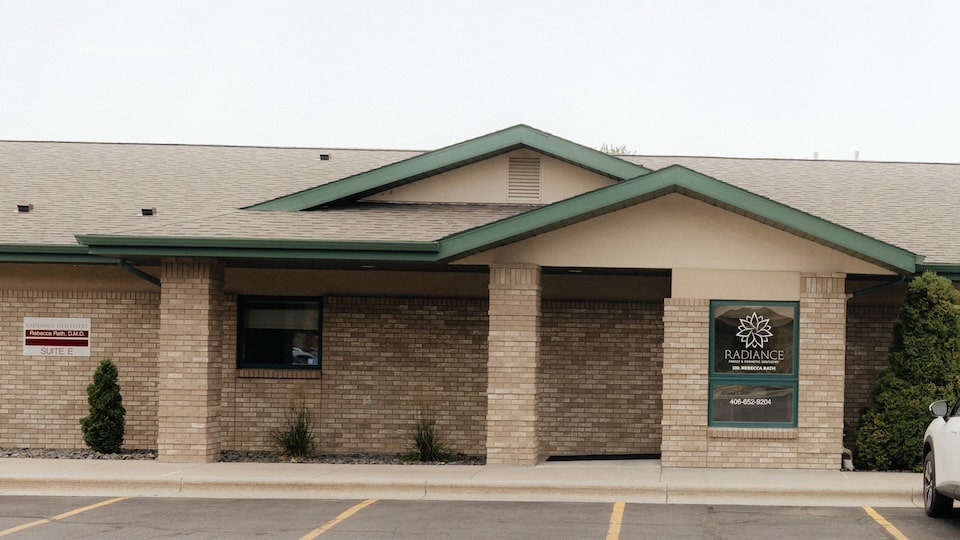It’s no secret that smoking is bad for your teeth, let alone your overall oral health. In an effort toward harm reduction, some people choose to use nicotine gum to help stop smoking. However, it can be easy to switch from one form of nicotine intake to another. Also, the idea that nicotine gum is harmless is incorrect.
While nicotine gum isn’t as overtly damaging as smoking, you can still have adverse dental side effects from using nicotine gum. To illuminate the risks of nicotine gum, your local Billings dentist, Dr. Taylor, is here to help.
Nicotine Gum Can Lead To Oral Health Issues
Some individuals may not have visible issues with their oral health while using nicotine gum, particularly if they are maintaining regular dental hygiene. However, even those who regularly floss and brush their teeth can still struggle with the below oral health issues.
Trigger TMJ
Chewing gum can trigger temporomandibular joint disorder, which is a disorder that causes pain in the joint that connects your jawbone to your skull. This disorder can make eating and speaking painful, as well as leading to a locked jaw occasionally.
Dislodge Dental Work
Gum chewing of any kind can cause havoc on your dental work. With the regularity that nicotine gum users chew on gum, it raises the risk that you can loosen a dental crown, pull out a dental filling, gum up your dental bridge, and pop loose a partial denture.
Oral Sores
Regularly users of nicotine gum have found that they can develop oral sores, most commonly located on their tongues and cheeks. These sores can be irritated by continued nicotine gum use and can become worse if the user doesn’t stop chewing gum until they heal.
Dry Mouth
Oddly enough, while regular gum can help with dry mouth, sometimes, nicotine gum can be the cause of dry mouth. With a dry mouth, bacteria are able to build up and can lead to infection quickly, especially as nicotine acts as an immunosuppressant, which makes you more susceptible to illness.
Gum Issues
Nicotine is also a vasoconstrictor, which means it narrows your blood vessels. Having nicotine make direct contact with your gums due to nicotine gum means you are narrowing the blood vessels there and making it easier for gingivitis and the more serious stages of gum disease to set in.
So, while nicotine gum may be helpful in your initial journey to quit smoking, it is best that you reduce your usage as soon as you are able, both to protect your teeth and end the nicotine dependence entirely.
Ways To Repair Your Smile Post-Nicotine Use
There are a number of factors that can influence how your smile is impacted by both smoking and using nicotine gum. Some of the options available to repair the damage caused by nicotine use and smoking will depend on the level of impact.
- Teeth whitening – In some cases, the staining caused by smoking can be corrected with professional teeth whitening services. We offer a couple of options when it comes to teeth whitening, and you can enjoy whiter, brighter teeth faster with the help of our dentist.
- Veneers – If your teeth have further damage that can’t be fixed with whitening alone, porcelain veneers are a great option. Our dentist can apply thin layers of porcelain to your teeth to restore your smile.
- Smile makeovers – For a full revitalization, a smile makeover can be needed to reach your ideal smile, especially if the smoking from damage was on top of existing issues. Each smile makeover involves you and our dentist working together to determine what you want and how you would like your smile to look like.
If you would like to consult with our dentist about your cosmetic dentistry options, feel free to contact us today to set up your appointment. We look forward to helping you achieve your best smile!


